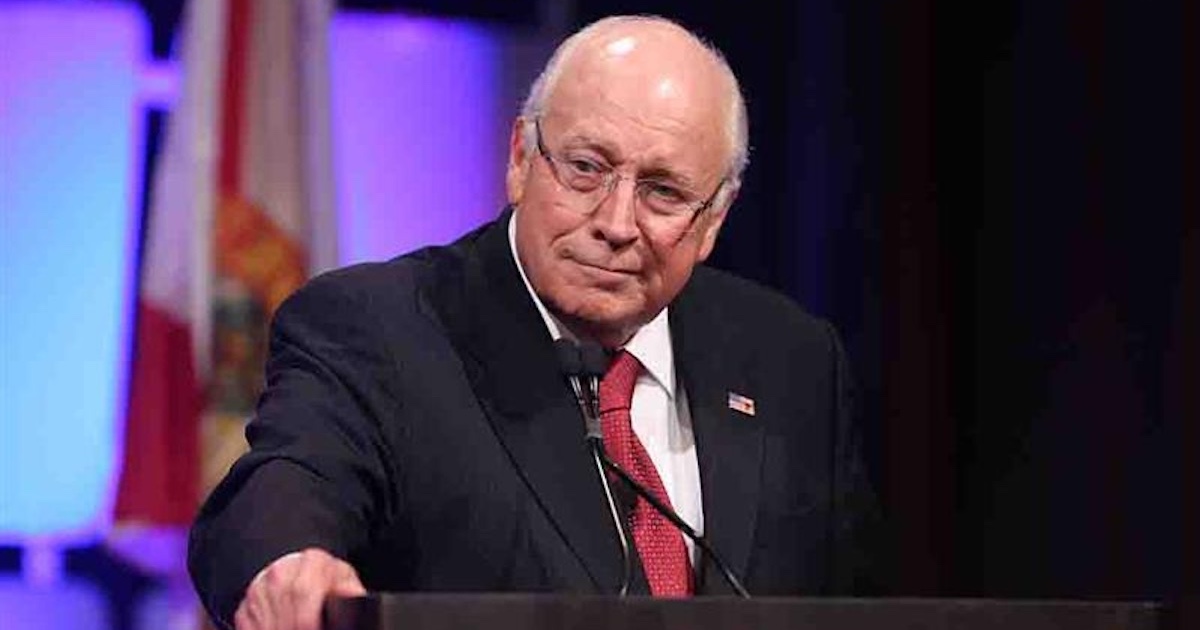If you want to know how likely you are to ever kick that smoking habit or lose those few extra pounds, just take a quick look at the people around you.
It turns out health risks like smoking and obesity naturally spread from person to person. In fact, a landmark 2007 study revealed that if your friend becomes obese, you are 57 percent more likely to become obese as well.
But the good news is that the reverse also holds true. Behaviors such as smoking cessation and exercise and outcomes like weight loss can also be contagious. But to achieve the positive results instead of the negative ones, individuals must enlist the support and accountability of friends, co-workers and family. When that occurs, the confluence of social support and peer influences provides a potent prescription for lasting behavior change. It turns out when it comes to health, a social network can be a person’s not-so-secret weapon.
Changing how we think about wellness
For employers and health plans looking for a way to control escalating healthcare costs, insights from these studies and a growing body of groundbreaking research illuminate a new path to healthier lifestyles, improved outcomes and, ultimately, shrinking healthcare budgets. While traditional wellness programs have largely failed to move the needle on improving our nation’s health, the rapid adoption of social media, mobile devices and online gaming provide an opportunity to transform wellness from a solo journey into a social endeavor.
By leveraging our growing understanding of the power of social networking, wellness programs can make a real and lasting impact. Best described as a behavior change strategy that harnesses the relationships individuals have with each other to provide motivation and accountability, social wellness effectively engages people in their own health and drives lasting results. A recent Preventive Medicine study found that participants in a team-based exercise competition increased their physical activity by an average of more than 2,000 steps per day while increased physical activity spread from person to person within teams. The competition, which more than doubled the number of individuals considered active within the study’s population, demonstrates the power of social connections when it comes to positively influencing behavior change.
While most people often think of social networking only through the lens of Facebook or Twitter, it actually encompasses many different tools, technologies and techniques that can put people on the journey to better health. With the widespread use of smartphone apps like MyFitnessPal and RunKeeper, the growing popularity of fitness tracking devices like Fitbit and Fitlinxx, and the advent of social games for health, there are now countless ways to help people connect with others in their pursuit of healthy living.
The key to success for employers and health plans is to take the same user-friendly tools that people know and love from their personal lives, whether they be mobile apps, online games or tracking devices, and reintroduce them within a trusted corporate environment where individuals can inspire, motivate and encourage each other to achieve their health goals.
Driving sustainable engagement
Today 27 percent of employers use online chat, forums or social networks as a part of their corporate wellness strategy. Those employers experience higher levels of engagement, sometimes upwards of 50 percent, as compared to solitary programs that tend to garner single digit participation rates. Engagement levels are higher with social wellness programs leveraging social networking tools because they use a grassroots, viral and team-based approach to getting people involved.
Unlike traditional wellness programs in which employers often push programs down to their employees, social wellness tools allow engagement to grow organically from the bottom up when participants are empowered to invite each other to participate. This peer-to-peer strategy not only elicits enthusiasm at all levels of an organization but also drives a sense of employee ownership that combats much of the resistance conventional programs often encounter.
Having frequent opportunities to interact with colleagues through team-based competitions, challenges and games further increases engagement, particularly as participants work toward common goals like eating healthier, exercising more and losing weight. When individuals have the chance to share their progress with colleagues, review team standings or congratulate a fellow teammate on a job well done, the entire wellness experience becomes more meaningful and much more fun. It also makes it more likely that employees will continue to engage week after week, month after month, and year after year.
Rewarding healthy behaviors
Once a strong, social foundation is in place to support a sustainable corporate wellness program, employers and health plans can boost outcomes even further by rewarding participants for consistent engagement, measurable progress and, ultimately, healthy outcomes. There are valuable lessons to be learned from the established field of behavioral economics. For example, whether offering cash, prizes, gift cards or even the opportunity for charitable contributions, wellness rewards should offer instant and frequent gratification that make participants eager to take the next step on their personal health journey. While it may be tempting to simply add a few extra dollars on the next payroll check or offer a discount on healthcare premiums, these bundled approaches aren’t nearly as impactful as giving participants a separate and highly noticeable benefit for reaching a healthy milestone.
As more wellness programs embrace the principles of social networking, game mechanics and behavioral economics to drive engagement, a transformation is occurring. Bolstered by the support of friends and fellow colleagues, participants finally have the motivation and accountability they need to reach fitness goals they never thought possible. This, ultimately, is what will lead our nation to improved health and more affordable healthcare.
Rajiv Kumar, MD, is the founder and chief executive officer of ShapeUp.


